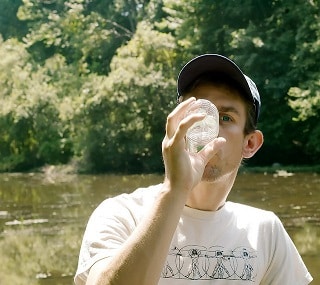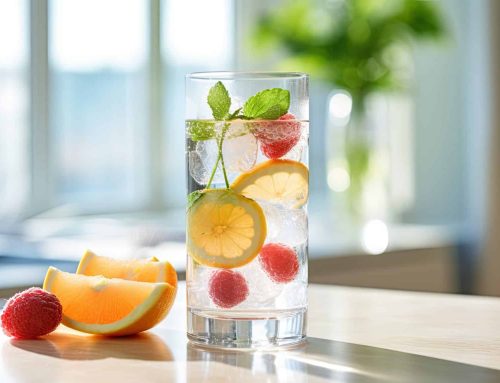 Most people are well educated on the importance of hydration and the dangers of dehydration. Some groups of people, however, should pay particular attention to the advice of health experts. That’s because certain people, or people in certain situations, are more susceptible to dehydration and its effects. These people are:
Most people are well educated on the importance of hydration and the dangers of dehydration. Some groups of people, however, should pay particular attention to the advice of health experts. That’s because certain people, or people in certain situations, are more susceptible to dehydration and its effects. These people are:
The elderly
Our bodies go through many changes as we age. Some of these changes make us more susceptible to dehydration – our bodies aren’t able to conserve water as well as it used to, our sense of thirst becomes less acute and our body’s ability to respond to changes in temperature is diminished. It becomes very important to hydrate adequately, especially for those who also suffer from chronic diseases like diabetes.
If an elderly person is in your care, it’s very important to remind them to drink water regularly. Older people tend to eat and drink less than younger people, but they need the nutrition and hydration even more than those half their age.
Sick people
Dehydration doesn’t only happen because too little fluids are ingested – it also happens because the body loses fluids quicker than it is being replaced. This happens very easily when someone is suffering from vomiting or diarrhoea due to an illness. It doesn’t help that the last thing we want to do is drink water or eat food at this time. Small sips of water have to be taken on a regular basis, however, to prevent dehydration.
Endurance athletes
Endurance athletes compete in events that tax their bodies immensely and train exceptionally hard to be able to meet the physical demands put on their bodies. In total, they put in many hours of exercise and effort. Most of these hours happen outdoors, often in warm or humid conditions, which leads to fluids being lost more quickly than normal. If the fluids aren’t replaced, the effects of dehydration could be felt even days after a training session or event.
Infants and children
Infants and young children are more active than their desk-sitting parents, but young ones don’t yet realise the importance of staying hydrated. This means children can become dehydrated quite easily, simply because they don’t drink water as often as they should. Always encourage them to drink water, especially when they’re playing outside.
People living at high altitudes
High altitudes are taxing on our bodies, and our respiratory systems in particular. To keep on supplying enough oxygen to our cells, we’ll automatically start to breathe faster – this means an increase in the amount of water vapour exhaled. In addition, urination will become more frequent, as a reaction to changes in the body’s acid and base balance. This leads to more fluid loss, and thus an increase in the chance of dehydration occurring.
If the signs of dehydration appear – dizziness, a dry mouth, headaches, tiredness and/or decreased urine production – water must be ingested immediately, and all physical exertions should be stopped. If dehydration is severe, go to the nearest hospital so that the condition can be treated professionally.
A quick tip to staying hydrated: keep a glass next to your bottled water cooler and every time you walk passed it, have a glass of water. This will ensure that you need put yourself at risk of becoming dehydrated.
Image source: Michael Hamann
Purchase water coolers and get water cooler rental from Living-Water in central London water delivery.





